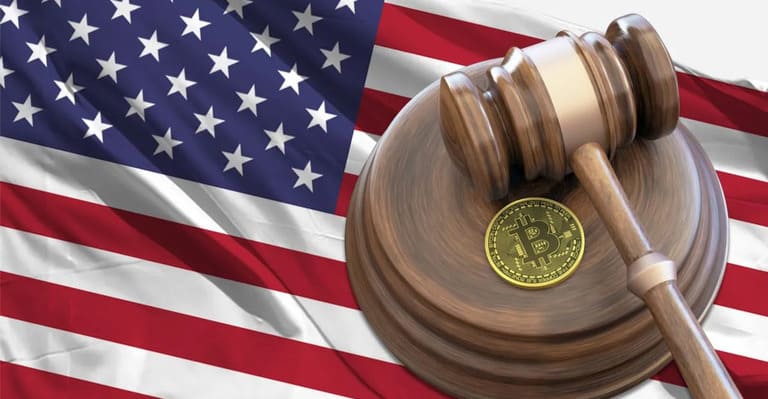TL;DR
- The House debated the Clarity Act as Democrats denounced potential conflicts of interest involving Donald Trump’s crypto business dealings.
- Republicans defended the bill as urgent, citing the lack of clear rules for digital assets and the risks that come with an unregulated market.
- Experts warned about legal loopholes and cybersecurity threats, while the White House denied any conflict of interest following the accusations against Trump.
The U.S. House of Representatives held a new hearing to discuss the Clarity Act, a bill aimed at establishing clear regulations for digital assets.
The initiative is facing strong opposition from Democrats, who used the session to highlight President Donald Trump’s ties to the crypto industry and raise concerns about potential conflicts of interest stemming from his business activities in the sector. Maxine Waters, the committee’s top Democrat, stressed that the legislation should prevent Trump from profiting financially by leveraging his political position.
In contrast, Republicans defended the need for the bill to address the current regulatory void. They argue there’s no federal framework protecting consumers dealing with digital assets that aren’t classified as securities. Committee Chairman French Hill stated that the absence of regulations has left the crypto market without proper oversight. Bryan Steil and Warren Davidson supported that position, criticizing the lack of progress during previous administrations.
Closing the Legal Loopholes in the Crypto Industry
The bill sparked debate over unresolved risks, particularly around cybersecurity. Experts like Carole House and Amanda Fischer pointed out that the text fails to adequately address threats such as hacks targeting crypto platforms. They also warned about loopholes that would allow some companies to bypass oversight by the Securities and Exchange Commission (SEC) by opting for regulation under the Commodity Futures Trading Commission (CFTC).

Some Democratic lawmakers voiced concerns about legal gaps that could let certain issuers sidestep regulatory controls. Jim Himes, who backed a similar bill in 2024, warned about these loopholes. The hearing also exposed internal divisions within the party. With positions ranging from support for regulation to a much more critical stance.
Bart Naylor, a public policy expert, accused Trump of using his personal cryptocurrency to gain favors and financial benefits. Including allegedly influencing the dismissal of regulatory lawsuits against companies tied to his business interests. The White House denied any conflict of interest.
The debate will continue next week with a vote on amendments to the Clarity Act. The discussion has laid bare the challenges of properly regulating a rapidly growing market. And the tensions between competing political and economic interests within Congress

